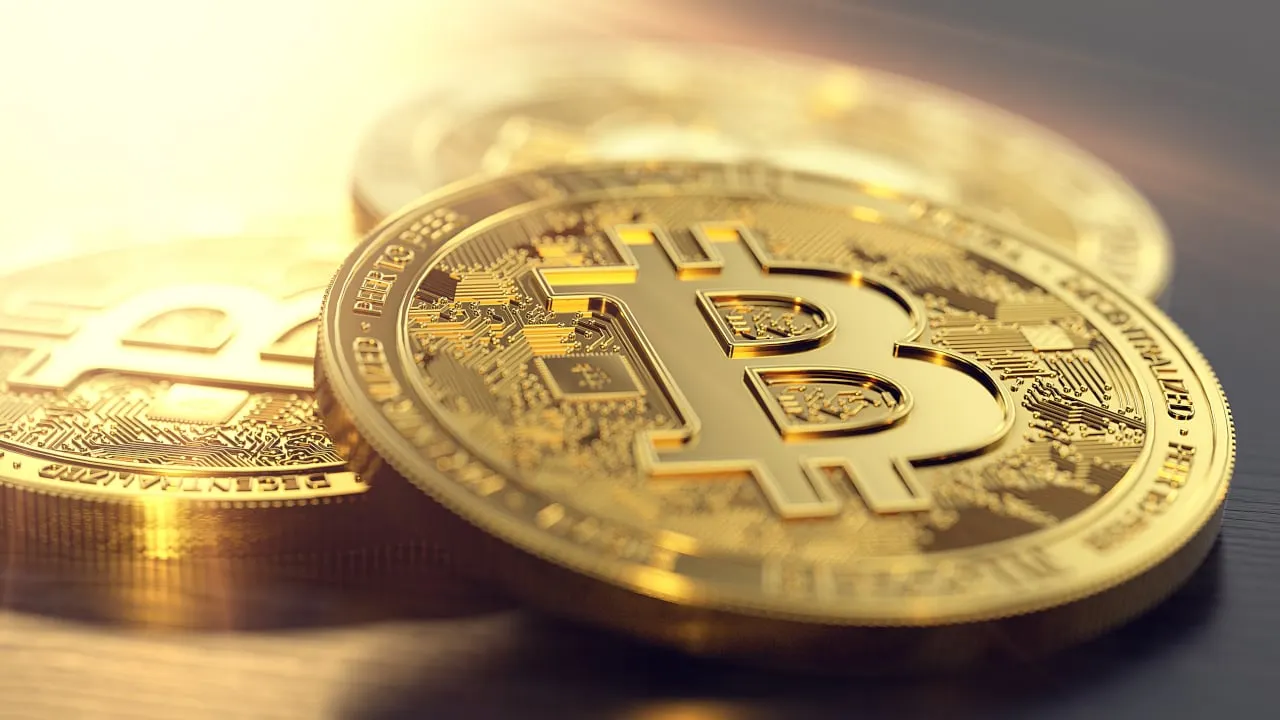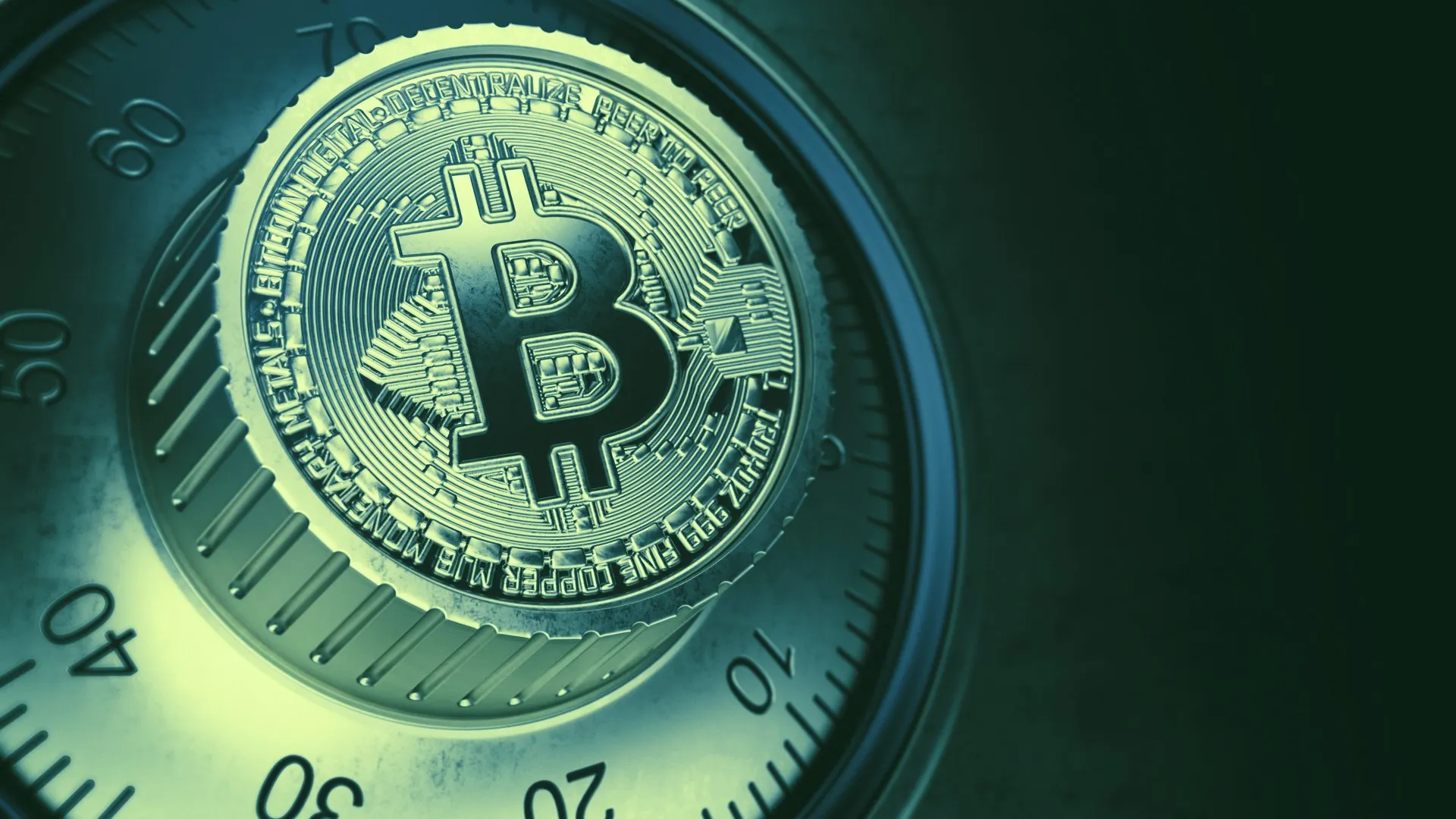In brief
- Someone signed 145 Bitcoin addresses, calling Craig Wright a "fraud."
- These addresses contain $64 million of Bitcoin, mined in 2009 and 2010.
- A Bitcoin developer confirms that the person who signed the message likely has access to the funds.
Just last week, an age-old amount of 50 Bitcoin was moved, coins that were mined in Bitcoin’s first month of existence. This kicked up a stir, over rumours that Satoshi Nakamoto, the pseudonymous inventor of Bitcoin, may have moved them. These rumours were swiftly quashed, but it looks like this isn’t the only old Bitcoin that may still be active.
On Monday, a list of 145 Bitcoin addresses were signed with identical messages that said self-proclaimed Bitcoin inventor Craig Wright was a “liar, and a fraud.” This was in response to Wright claiming that he owned them, according to a list submitted in a court case against him.
But, not only does it mean that Wright doesn’t hold the addresses, it means that someone else still has access to them. All the Bitcoin held in those addresses was mined in either 2009 or 2010 and hasn’t moved since.

On behalf of Decrypt, blockchain analytics firm Chainalysis looked into all 145 addresses. Per the data, the coins were first mined on May 10, 2009, just five months after Bitcoin's creation. The final amount was harvested on January 10, 2010.
The analysis found that every single address contains the original 50 bitcoin reward mined in the Satoshi-era. The funds in these addresses add up to $64 million.
Prior to the signing of the message, many considered the addresses dormant and the funds effectively lost. That, it seems, is not the case.
"Having private keys should be the only possibility to sign a message and thus would also mean the coins could be moved," Bitcoin developer Rene Pickhardt confirmed to Decrypt.
However, playing devil's advocate, Pickhardt suggested that the addresses could have conceivably been exploited. "Of course security might be compromised and the signatures could only be created for this particular message but not for potential coin transfers," he added.
Even if the coins can be moved, that doesn’t necessarily mean they will be. But that someone still has access makes it much more likely.

